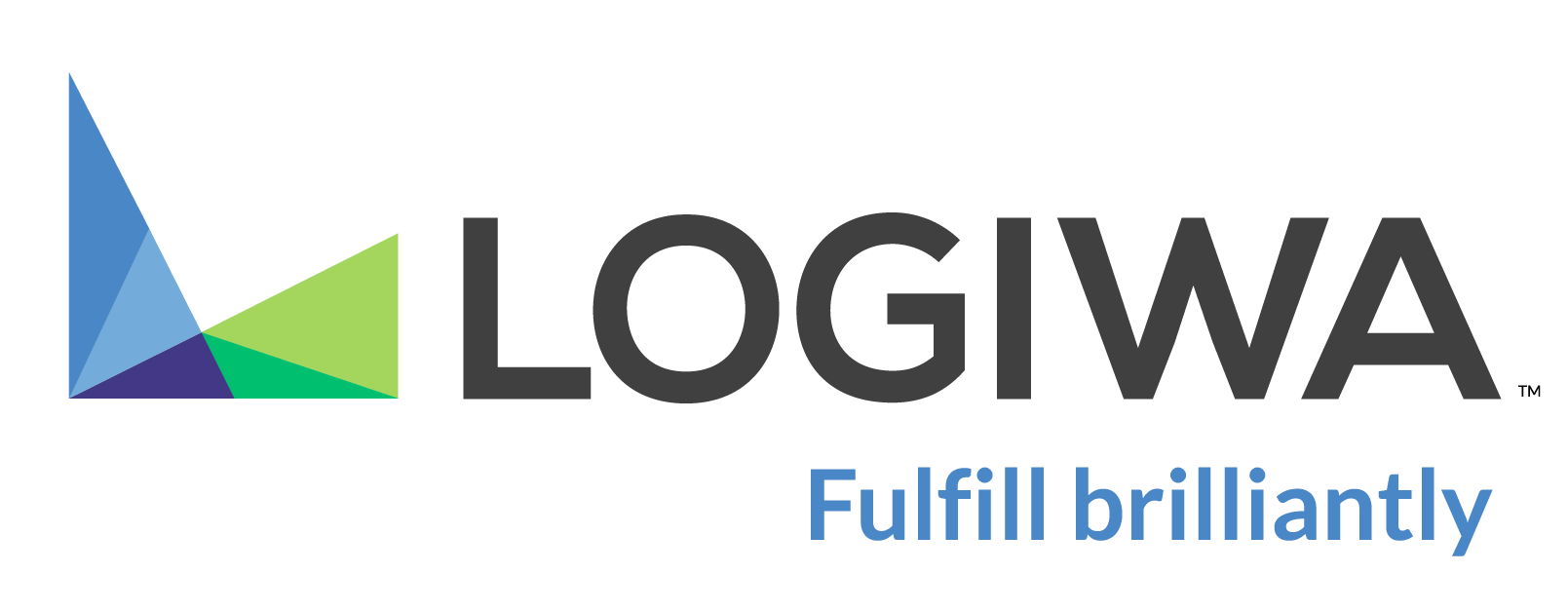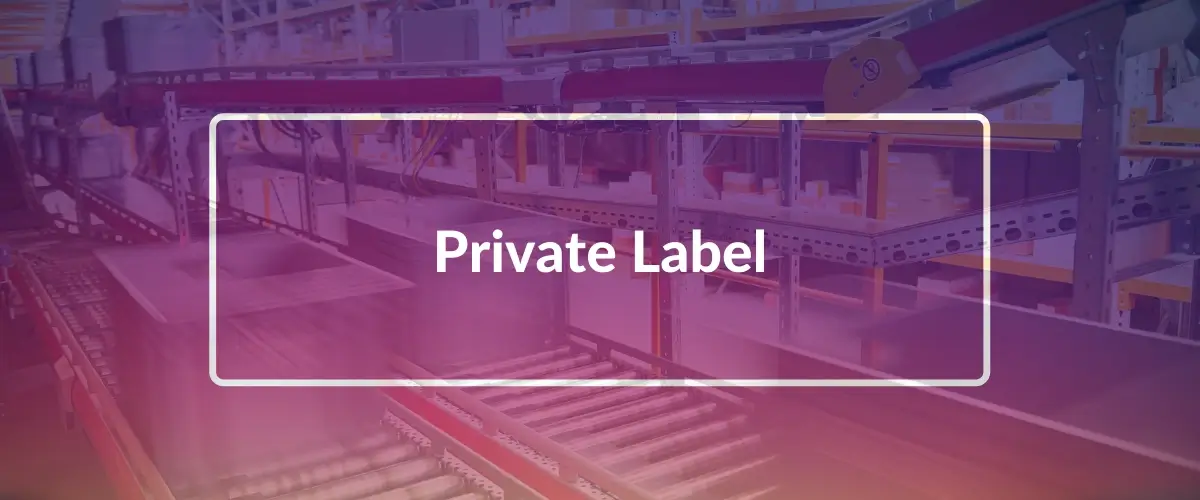Key Topics on Private Labeling
Say that you decide everything from the design and packaging to the concept and materials of the product. Afterward, the supplier manufactures the product according to these specifications. The outcome is your own product with your own brand name on it. Here in this post, you will read the key points of a private label product, how it works, its advantages and disadvantages, best private labeling examples, what it takes to be a good manufacturer and so on. Keep reading further to learn more about the concept and apply it to your business in a proper way.
Contents
What Is Private Label & How Does It Work?
Retailers acquire their products from suppliers. Very few of the retailer companies sell the items they manufacture themselves. Those are called private label products and have many benefits on the retailer's side. Millions of companies work this way around the globe, and it's even growing in popularity. If we need to give the correct definition of the term, it goes like this: Private label products are manufactured by one company for sale under another company's brand. This means that private labels are under the control of their owner, that is, the retailer. The retailers specify the product packaging, materials, size, and everything else besides. The manufacturer is only responsible for producing it to these specs.
And when it comes to how private labeling works, we need to figure out some important steps. Normally a production journey goes like this:
- A supplier manufactures a product.
- Then sells it to a retailer.
- The retailer sells it to a customer.
- The customer (not always, but in some cases) sells it again privately.
At this phase, the manufacturer uses its own packaging and branding for the items produced. Customers see the product with the manufacturer's name on it. However, if that product would be a private labeled one, the packaging and the branding would belong to the retailer. The retailers who are in the private labeling business generally have a huge customer base. And they usually choose not every manufacturer for production but the one who creates only one product. These manufacturers let their product be sold as a private label since they are well aware that they can reach more customers this way. At this part, it can be necessary to give some good private label examples to be clearer on the topic. Let's take Amazon. Amazon is the world's biggest ecommerce company and is a great example of an online retailer selling its own private label products globally. Private label on amazon is successful in this business because it includes many commonly used items as private label. Amazon Basics and the reading device Amazon Kindle are matching examples of the brand's private labeling business. Another reason Amazon succeeds is it has an established online platform to sell the products. This online marketplace is available for anyone in the world and sells hundreds of millions of different products. That's why the reach is high, and ergo the sales figures are up to the sky.
Private Labeling: Pros & Cons
Why do you think that private labeling is this common worldwide? The answer is simple: it offers many advantages to the retailers, no matter how big or small they are. The following are five of the most remarkable:
- Flexibility: In some cases, retailers rely on manufacturers for all their products. For example, if consumers want new product lines, the retailers have to wait for manufacturers' move to react to this market demand. This scenario would be a bit slower. However, if retailers have a private label product, they can be more agile as they are in close contact with the real customers outside. As soon as they are aware of the demand, they can inform the suppliers and start the production period immediately.
- Production: Thanks to private labeling, retailers have more power over production. As the name implies, certain specifics of the items should be crystal clearly told the company that will produce them for the private label products. And the manufacturer makes the products in line with those instructions coming from the retailer. The ingredients, components, packaging, color, shape, and many necessary details are in the retailer's hands.
- Price: As mentioned above, retailers are in charge of the entire supply chain process with private labeling. Apart from certain specs of the product, the pricing is also defined by the product owner, that is, the retailer. In this way, retailers control the production costs to provide the most fruitful prices.
- Branding: The key to everlasting business success is building loyalty. And branding is a great way to do so. With private labeled products, the customers become attracted to your brand and feel that they are special.
- Wholesale Income: You may also start thinking of operating as a wholesaler for your brand and offering limited access to other retailers. Only the ones who pay an acquisition cost to carry your brand would reach your items. This way, you can have a chance to generate additional income as well as increase brand awareness.
Besides all of those above, private labeling also has some disadvantages. The good news is that you can easily fight those drawbacks if you manage to be organized properly. Some of the main disadvantages are listed below.
- Order Limitations: Manufacturers generally require to handshake on a minimum order quantity before the production phase for your private labeling. However, unfortunately, this required order quantity could be much larger than planned. This ends up costing you more than you imagine.
- Deadstock: In some cases, retailers make manufacturers produce a line of private label products without knowing those items are liked and sold by the customers. This strategy can lead to deadstock leaving you with lots of unsold products waiting in your warehouse.
- Demand: Consumer behaviors show that people want to buy a well-known brand instead of a recent private label. For this very reason, you need to do comprehensive research on customer preference before putting your capital in private labeling.
What Are the Requirements for a Good Private Label Manufacturer?
Choosing the right manufacturer for private label item production needs research. As a retailer, you are familiar with your customers purchasing patterns. Hence, you can define the best specs for the product and make the manufacturer produce accordingly. To develop your products and learn much more, you can attend related conferences, networking events, trade shows, etc. At this stage, you should also prevent your competitors from stealing your products by patenting your idea.
Another important step to take when picking the right private label manufacturer is deciding the company for the specific product line. For example, if you are a baby diaper seller, you should find a suitable supplier specific to your product instead of the one that everybody chooses.
The Best Private Label Product Ideas to Sell
There are certain types of products that are ideal to sell as private labels. Here, you will see some of the most commonly known ones.
Bags
Bags are one of the most suitable examples of private labeling. With the accessories, you have many categories to choose from. For instance, laptop bags are popular in the private label business. The other possible private label bags are woman bags, outdoor bags, children's school bags, shopping bags, and belt bags. It's always better, to begin with, a small group of audience for measuring success. Once you build your own brand, you can enjoy expanding more and more.
Toys
Especially due to the ecological harm of plastic, the toy industry has started to evolve once again, turning to produce wooden toys for children. You, as a retailer, may start to think of this category for your own private labeling but avoid the ones that have small pieces to prevent choking hazards.
Essential Oils
As a healthy lifestyle becomes more popular day by day, people seek to buy organic alternative health care products. And essential oils are one of the most suitable product lines to start with if you want to enter private labeling in the health sector.
Apparel
Being a basic necessity, the clothing category provides a wide range of alternatives. The best part with the apparel is that it's rather easy to find a reliable manufacturer for production.
Phone Accessories
Cell phones are our everything. That's why people buy every need for a cell phone to make it useful. Chargers, batteries, charms, colorful phone cases, selfie stickers, and holders... Hundreds of different accessories can be sold as private labels. However, keep in mind that offering fancy packaging and branding is the key thing to convince the customer that your brand is worth buying.
Cosmetics
Beauty industry is always ready to embrace new products and brands. This means that it is easy to find and work with a manufacturer in this sector for private labeling. Hand and face creams, lipsticks, concealers, and others... Be sure that those products are safe and healthy to use on the skin. You need to label your product appropriately later on, and most probably, you will need a model to market your product to your target audience.
Related Terms
A 3PL white labeling solution can help businesses scale up and cut costs without sacrificing customer experience and brand reputation. Find out more about white label in 3PL.
You can find label printing tips for high volume B2C warehouses in this article. Learn how Logiwa customers bulk label printing for shipping in order to transition from low to high volume.
If you want to learn what a shipping label is and how to make an ideal shipping label for USPS and other companies, this article for you!
The alcohol delivery industry is increasingly adopting DTC sales methods. Click now and learn more about alcohol shipping and alcohol delivery service!
If you want to learn more about ecommerce pre-order strategy, how pre-orders work, and how to run pre-order campaigns by offering pre-order sales, you can find them all here.
Here is everything you need to know about the margin calculator! How to calculate profit margin and its usage areas are unveiled in this article. Click now and learn more!
Scale up B2C fulfillment operations with an integrated digital warehouse and fulfillment system.
Warehouse Management
Modern digital WMS powers a modern fulfillment experience






